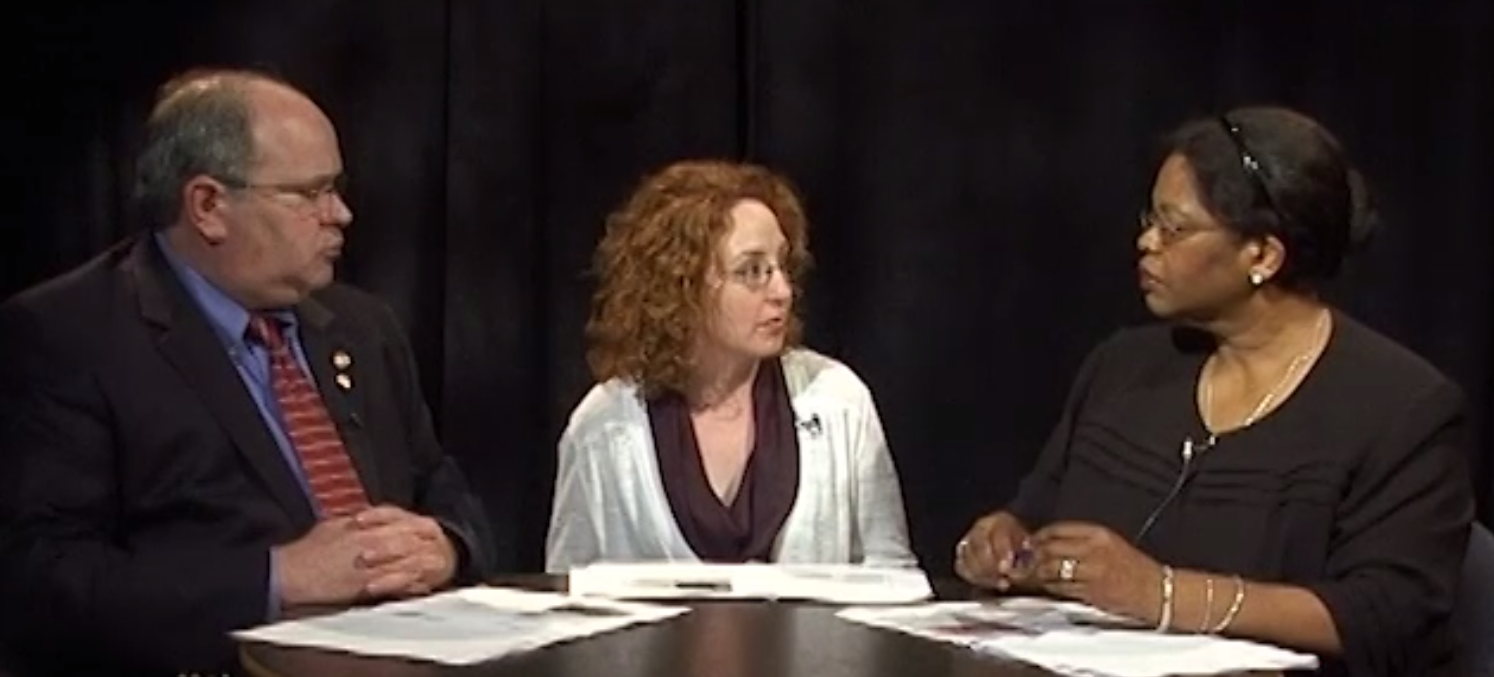OU Health Campus Faculty Development
Office of the Vice Provost for Academic Affairs and Faculty Devleopment
The University of Oklahoma Health Campus
2023
Preparing the OU Health Campus Presidential Professorship Nomination Packet: see the “Resources” dropdown:
Awards for Excellence Videos

Available Awards
Presidential Professorship
Geaorge Lyn Cross Research Professorship
David Ross Boyd Professorship
Regents' Award for Superior Teaching
Regents' Award fr Superior Research and Creative/Scholarly Activity
Regents' Award for Superior Professional and University Service and Public Outreach
University Distinguished Teaching Award
Provost's Research Award
Provost's Teaching Award
For more information and access to the nomination packets, visit the Provost's Faculty Awards and Honors Page
Scoring System
Candidates are ranked on a numeric scoring system of 1-5, with 1 representing the best and 5 representing the worst. Please consider these more specific definitions as numeric values are assigned:
Rating:
- Excellent candidate – meets and exceeds criteria.
- Good candidate – meets criteria.
- Average candidate – meets most criteria, but perhaps lacks some supporting documentation
- Below average candidate – lacks evidence of meeting criteria for the award.
Tips for Writing the Awards Dossier
- Focus! On the Award Criteria (see Handout) and “Spirit of the Award”
- Your CV plays a critical role
- No Huff, Puff or Fluff
Write your dossier for readers outside of your discipline:
- Members of the Faculty Awards and Honors Council are drawn from the OU Health Campus and the Norman Campus Colleges. This includes faculty from biomedicine, allied health, engineering, fine arts and history, to name a few.
- Faculty readers of an award nomination packet will NOT usually have first-hand knowledge about each candidate’s field. The quality of the dossier, including nominating letters and clarity about the relevance of provided documentation, affords each reader a key to understanding the value of the work.
- So, be clear -- don’t abbreviate terms, don’t leave things unexplained. Help your reviewers be your advocate!
Prioritize dossier components:
Members are given a portfolio with evidence of the candidates’ qualifications. We value all components, but priority is typically given to the data in the following order:
- Highest priority – curriculum vitae
- Second highest priority – letter of nomination/letter from the dean
- Third highest priority – supporting documentation (e.g., teaching evaluations)Forth highest priority – letters of support (if letters are neutral or unfavorable, may signify a “red flag”, augmenting the priority of letters of support)
The Curriculum Vitae Should:
- Include headings or subheadings that point the reader to areas of work and achievement relevant to the specific award criteria.
- Be advised, your CV should be up-to-date. Period!
- EXPERT ADVICE - A poorly written CV may have left out important information or included typographical or other errors that do NOT impress the reviewer.
Nomination Letters Should:
- Specifically address the award criteria.
- Be limited to five (5) or fewer pages.
- Explain the “what” and the “so what.”
- EXPERT ADVICE - Solicit more letters than can be used. Select from those received the most appropriate to include in the application.
Nomination Letters Should NOT:
- Simply rehash the candidate’s CV.
- Be any lengthier than necessary to convey the impact of the candidate’s work.
- EXPERT ADVICE - Keep in mind that peer-reviewers are faculty too. They are not looking for a summary of typical faculty duties. Use the nomination letter to talk about how this candidate stands out from the crowd!
Start early…around annual review time
Start thinking about award eligibility around the time of faculty annual review meetings with supervisors
- Jan-Mar: Prep for your annual evaluation
- Mar-Apr: Identify faculty who have achieved the highest review ratings and may have award potential
- May-Jul: Assemble and summarize documentation on the area of excellence
- Aug-Sep: Broadly solicit letters of support; develop initial award dossier (a comprehensive packet for editing)
- Oct-Nov: Conduct internal dossier review
- Nov: Regular award timeline begins. Nominating letter prepared
Post Award Follow-Up
Typical mistakes in the award proposal packet can be disclosed to the sponsoring dean or chair:
- Not eligible for the award as submitted
- Too junior for the award based on “spirit” of the award
- Not as strong on criteria for the targeted award versus other awards (as evidenced by CV or submitted documentation)
- Poorly assembled award package
- Poorly written or unfocused nominating or support letters
- “Red flags” became evident during the review
Many things can contribute to an award for excellence candidate being unsuccessful in the award review process during a given year.
Feedback can be helpful for subsequent consideration of the current candidate, or development of future candidates who may better meet the criteria for a specific award.
Benefits of internal peer review pre-submission
- Items noted in post-award follow-up can usually be addressed by careful review before the award packet is submitted
- Simple mistakes can be caught ahead
- Stronger, more concrete per award criteria, letters of support can be solicited if needed
- Uses your assets-- involve people from the College who have served on the Faculty Awards and Honors Council